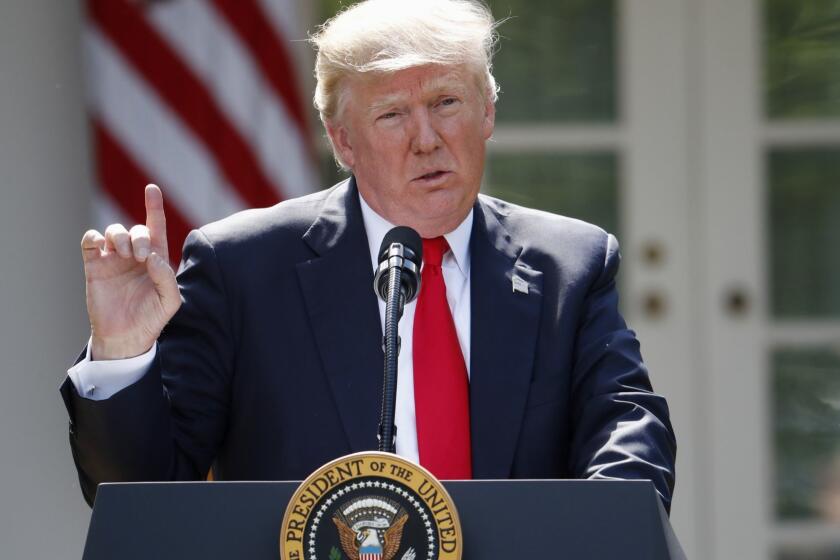Roost: We need to care about and take good care of all of us
Twelve people were murdered at the headquarters of French satirical magazine Charlie Hebdo. Over 3 million people, including leaders from around the world, marched in anti-terrorism rallies in Paris and elsewhere in France. Je Suis Charlie dominated Facebook feeds and celebrities showed off Je Suis Charlie signage on the red carpet at the Golden Globes ceremony.
That same week in January, the terrorist group Boko Haram murdered up to 2,000 civilians in West Africa and used a 10-year old girl as a suicide bomber to kill at least 16 people at a market. All of these attacks were not only brutal, they were part of a larger assault on freedom of religion, speech and democracy in general by terrorists who share the same extremist ideology.
So why then didn’t my Facebook feed explode in outrage over the 2,000 civilians killed in Africa? And where was the avalanche of grief when 148 students were murdered at Garissa University College in Kenya earlier this month? And where was the indignation over the 145 people (mostly children) who were murdered at the Army Public School and Degree College in Pakistan last December? And where was the news media who — let’s face it — tell us what to obsess over? The same media that was previously crawling over top of one another trying to out-analyze each other on the nuances of the situation at Charlie Hebdo? Where were they after Pakistan, West Africa and Kenya? Why wasn’t my newsfeed a flood of analysis of Al-Shabab, Al-Qaeda, like it was after the Charlie Hebdo bombing?
Is it that Africa and Pakistan are so far away? To be sure, Garissa University College is not Virginia Tech. Army Public School is not Sandy Hook Elementary. But Paris is also far away suggesting that the geographical proximity isn’t the primary reason for our inconsistent response to these tragedies. Psychological proximity, on the other hand, does offer up an explanation. We react differently to the tragedies in Africa and Pakistan and even Muslims killed here, for instance in North Carolina, because the victims don’t resemble us. The victims are not “our” first world, mostly white tribe. They’re “them,” the “other” tribe and their lives don’t count the same as those of our tribe.
When some lives are valued more than others and when the media elevates white peoples’ murders over non-white peoples’ murders, it’s called racism, which is essentially an extension of tribalism. Given how exhausting it can be to deal with the emotional weight of relentless mass murders, this form of racism is almost excusable. Racial bias acts as a filter making it easy and convenient for whites to overlook problems that we delude ourselves into believing won’t happen to “us,” they only happen to “them.” With a sense of emotional self-preservation we meet “foreign” tragedies with ambivalence, in short picking and choosing what upsets us, focusing primarily on what happens to “us” and our tribe.
It’s time we stop thinking this way. In a world that grows increasingly smaller, we’re better served if we acknowledge that we all share the same biology and that all lives (not just white lives) matter. Mass murders will not end unless we acknowledge that the 10-times-as-many lives that were lost in Kenya matter as much as much as the lives lost in Paris. Wars will not end until we acknowledge that the loss of 100,000 civilian noncombatant Iraqi lives is every bit as tragic as the loss of 4,500 American lives. The emotional toll of opening our eyes to tragedies outside our own bubble will be heavy for sure. But the only way we will ever be free of the burden is by facing it. We must evolve beyond our narrow tribal roots and recognize that we are all ultimately one tribe, the human tribe. And we need to care about and take good care of all of us.


